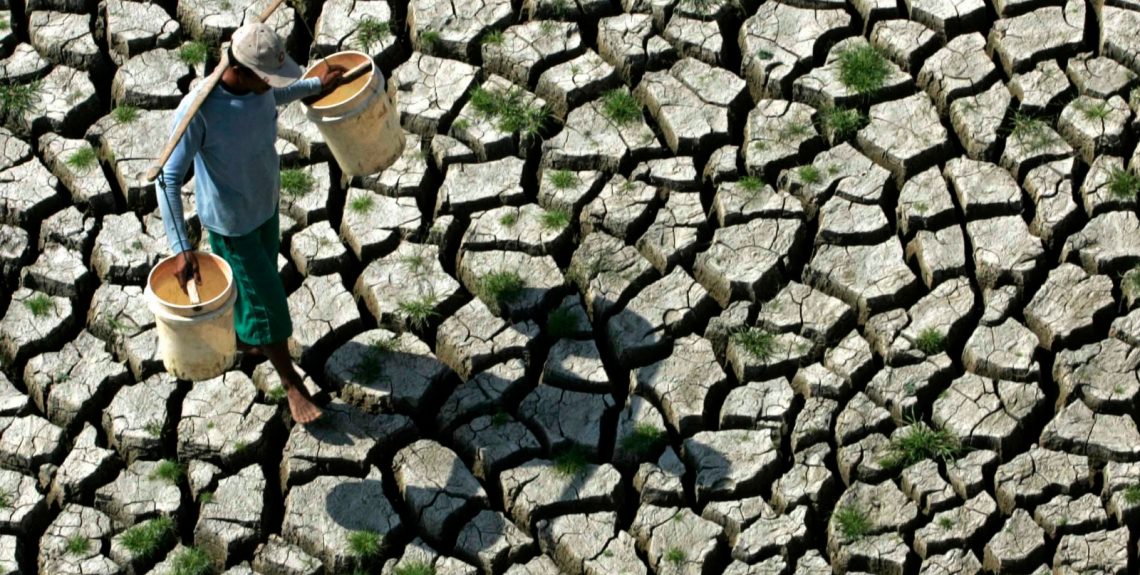James Rosenau twenty years ago launched the concept of Complexity Theory in international relations with an interesting journal article titled: “Many Damn Things Simultaneously — at Least for a while: Complexity Theory and World Affairs”. The problem today is that a “while” is not ended yet, on the contrary, there has been an explosion of phenomena, events and Black Swans, in the last two decades that show no sign of slowing down.
On one side it appears to be a natural growth and expansion of our species and societies: the increasing numbers of influencing elements in IR and the exponential growth of impacting factors in world affairs, arrived at a point of no return, a tipping point that we are observing right now under our eyes. The conflagration of inputs in all spheres, from the micro biosphere to the macro infinite space, is making international relations and politics more and more unpredictable. The intimate connection between local and international actions, between markets and social events, or between pandemics, energy crisis, and climate change is making all predictions almost impossible. What we can do therefore, is try to foresee strategic trends, but this does not secures us from the “unknown unknown”, the things that ‘we don’t know that we don’t know’, following a psychological concept from American psychology of the 1950s, famously applied to international affairs by former US Secretary of Defense Donald Rumsfeld.
If we have to choose among these interconnected emerging challenges, given the current situation, one would possibly choose the challenge of biosecurity coupled with the climate change and environmental degradation of our planet.
After COVID-19 the world could not be the same anymore. The “new normal” should be some degree of social distancing, movement restriction and avoidance of gathering, due to future new pandemic waves, with big problems concerning social capital erosion and increased isolation of people (in connection with a much more diffused remote work).
Moreover, as the World Economic Forum recently explained, “worse pandemics are on the way if we do not protect nature”. The article argues that pandemics will occur more frequently unless we stop destroying nature and there is no sign that we are going in that direction yet. The fact of the matter is that increased deforestation, intensive farming, mining and livestock exploitation, as well as the depletion of wild species, have created the perfect conditions for the spill over of diseases from wildlife to people. The exploration of new frontiers, from the Poles to the Oceans, may well create more competition but also more exposition to new infectious agents, with new health challenges.
The environmental challenges will impact especially poor countries of the Global South, in primis Africa, expected to reach 4,5 billion of people by the end of the century, the biggest demographic explosion of human history. The crisis following desertification associated to scarcity of water, food and resources could be much more destabilising than the religious extremism in the past decades, not only internally to Africa but also to Europe that could face new mass migrations. Environmental degradation will be accompanied by new geopolitical shifts, like the ongoing Great Power Competition and the new Scramble for Africa, spurred by the need of new energetic sources.
All this will impact a relatively more wealthy and stable Europe, that geographically set between the two landmasses of Asia and Africa with an aging population and dwindling demographics and a strong soft power attraction.
While the politics of ephemeral consensus seem to dominate, Europe and the rest of the world are at a crossroads: either we chose to survive together on the planet we live or we chose to destroy the only house we have and thus risk the extinction of our species. One might speculate for the moment that we could colonise Mars, but the in meantime the human species is “intelligently” sapping its own existence in a degraded planet.
While solutions are searched and hopefully will emerge to reform or drastically change the multilateral setting that tries to solve problems in the planet, a gradual paradigmatic change is indispensable: from unlimited to sustainable growth and from traditional national security to the new global human security. NATO 2030 together with its group of ten experts will just be a step towards a new type of security.
Maurizio Geri
Research Analyst on security for the Euro-Gulf Information Centre (EGIC).






















